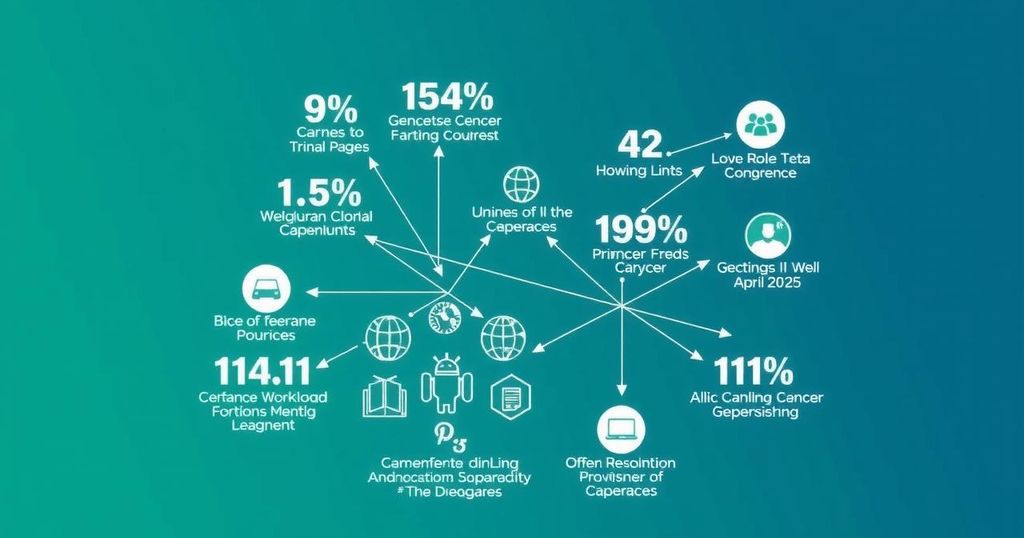At COP29 in Baku, 14 UConn students explored climate change discussions, emphasizing youth empowerment, methane reduction initiatives, and the role of the private sector. Their experiences highlighted the urgent need for collaborative approaches in addressing climate challenges, with a recognition of both the flaws in the COP framework and its essential role in global dialogue.
The participation of 14 University of Connecticut (UConn) students at the 29th United Nations Climate Change Conference of Parties (COP29) in Baku, Azerbaijan, provided them with invaluable insights into climate activism and policy-making. Attending the conference enabled fellows to engage with impactful topics such as methane reduction strategies and the potential of geothermal energy. Through varying experiences inside the Green and Blue Zones, students highlighted the urgent need for justice in climate actions, the social challenges faced by vulnerable countries, and the necessity of collaboration among all stakeholders, even as criticisms of the conference persist. The students articulated a thoughtful perspective, recognizing both the challenges presented by COP’s flaws and the essential platform it offers for discussion and representation on a global stage.
The United Nations Climate Change Conference, known as COP, is an annual gathering where global leaders, policymakers, and stakeholders convene to address and respond to the climate crisis. COP29, hosted in Azerbaijan, presented a unique opportunity for students to engage with climate strategies actively. As future leaders in various fields, these UConn students documented their experiences and lessons learned, addressing the complexities and multifaceted nature of climate issues, particularly concerning the Global South’s contributions and challenges.
In summary, the accounts from UConn students at COP29 underscore the complexity of climate issues, revealing the intertwined roles of activism, policy, and private-sector engagement in striving for sustainable solutions. Despite criticisms surrounding the inclusion of oil-producing nations and the efficacy of COP itself, the conference remains a vital forum for marginalized voices. These students emerged with a commitment to advancing collaborative approaches, recognizing the importance of addressing root causes in climate discourse and action.
Original Source: today.uconn.edu






